Cuckoo Synodontis – Synodontis Multipunctata – African Catfish
£35.00
Cuckoo Synodontis – Synodontis Multipunctata – African Catfish is a captivating and low-maintenance fish species that will thrive in a well-maintained aquarium. With their unique appearance, interesting behavior, and compatibility with other fish, they are a great choice for both beginner and experienced fishkeepers. Shop now for African Catfish and Fish.
1001 in stock
Cuckoo Synodontis – Synodontis Multipunctata – African Catfish is a unique and fascinating species that will make a great addition to any aquarium. With its striking appearance and interesting behavior, this fish is sure to captivate both beginner and experienced fishkeepers alike.
Scientific and Common Names:
The scientific name for this species is Synodontis Multipunctata, but it is commonly known as Cuckoo Synodontis or African Catfish.
Habitat:
Cuckoo Synodontis is native to the rivers and streams of West Africa, particularly in the Niger and Congo River basins. They are typically found in areas with slow-moving or stagnant water, such as swamps and floodplains.
Tank Setup:
To provide a suitable environment for your Cuckoo Synodontis, it is recommended to have a tank size of at least 30 gallons. The tank should be well-filtered and have plenty of hiding spots, such as caves or driftwood. These fish prefer dimly lit tanks with a sandy substrate and some floating plants to mimic their natural habitat.
Diet and Nutrition:
Cuckoo Synodontis are omnivorous and will readily accept a variety of foods. Their diet should consist of high-quality sinking pellets or flakes, supplemented with live or frozen foods such as bloodworms, brine shrimp, and small crustaceans. It is important to provide a balanced diet to ensure their optimal health and growth.
Size and Growth Rate:
When fully grown, Cuckoo Synodontis can reach a size of around 4-5 inches (10-12 cm). They have a relatively slow growth rate compared to other catfish species, so it is important to provide them with proper care and nutrition to support their growth.
Behavioral Traits:
Cuckoo Synodontis are peaceful and social fish that can be kept in community tanks with other non-aggressive species. They are primarily nocturnal and will spend most of their time hiding in caves or under driftwood during the day. These fish are known for their interesting behavior of “cuckooing,” where they lay their eggs in the nests of other fish species.
Care Level:
Cuckoo Synodontis are relatively easy to care for, making them suitable for both beginner and experienced fishkeepers. They are hardy and can tolerate a wide range of water conditions, but it is important to maintain good water quality and provide a suitable diet to ensure their well-being.
Breeding and Reproduction:
Breeding Cuckoo Synodontis in captivity can be challenging, as they require specific conditions to trigger spawning behavior. They are egg scatterers and do not provide parental care for their fry. If you are interested in breeding these fish, it is recommended to research and provide the necessary conditions, such as a separate breeding tank with suitable spawning sites.
Health and Disease Prevention:
Cuckoo Synodontis are generally hardy and resistant to common fish diseases. However, it is still important to maintain good water quality, perform regular water changes, and provide a balanced diet to prevent any potential health issues. Quarantining new fish before introducing them to the main tank is also recommended to prevent the spread of diseases.
Optimal Water Conditions:
– Temperature: 75-82°F (24-28°C)
– pH: 6.5-7.5
– Hardness: 5-15 dGH
Lifespan:
With proper care, Cuckoo Synodontis can live for 8-10 years or even longer. Providing a suitable environment, a balanced diet, and regular maintenance will contribute to their longevity.
Additional Interesting Facts:
– Cuckoo Synodontis have a unique coloration, with a dark body covered in small white spots.
– They are known for their ability to produce audible sounds by grinding their teeth together.
– These fish have a peaceful temperament and can be kept with a variety of tankmates, including other peaceful community fish and some larger cichlids.
– Cuckoo Synodontis are excellent scavengers and will help keep the tank clean by consuming leftover food and detritus.
In conclusion, Cuckoo Synodontis – Synodontis Multipunctata – African Catfish is a captivating and low-maintenance fish species that will thrive in a well-maintained aquarium. With their unique appearance, interesting behavior, and compatibility with other fish, they are a great choice for both beginner and experienced fishkeepers.

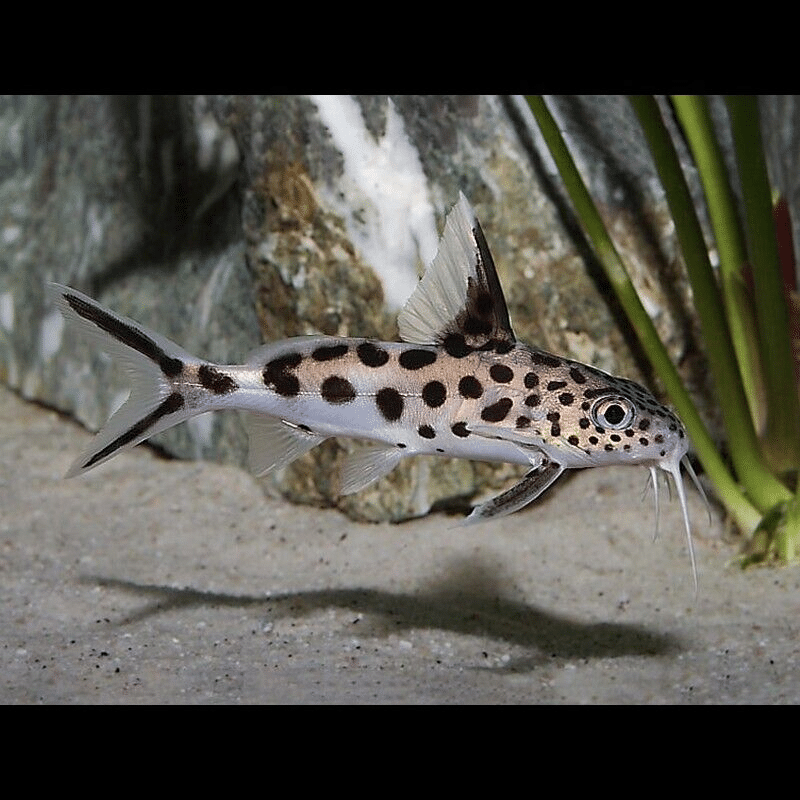
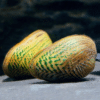
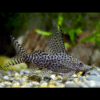

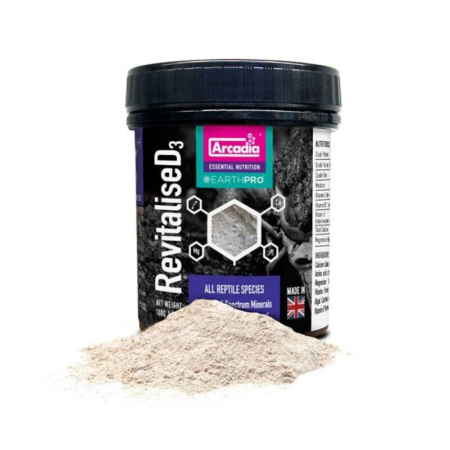
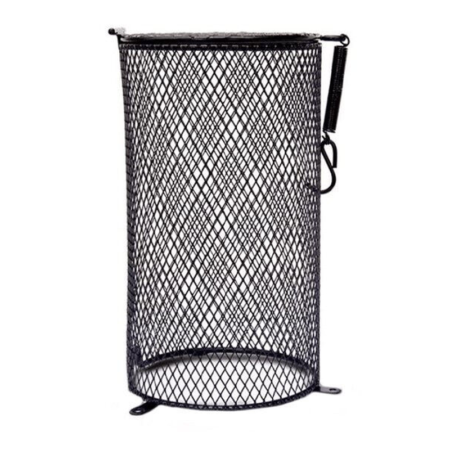
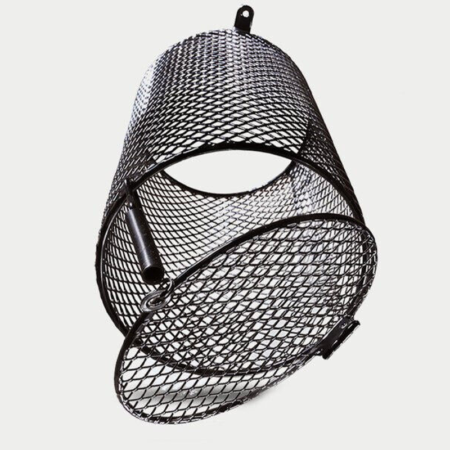

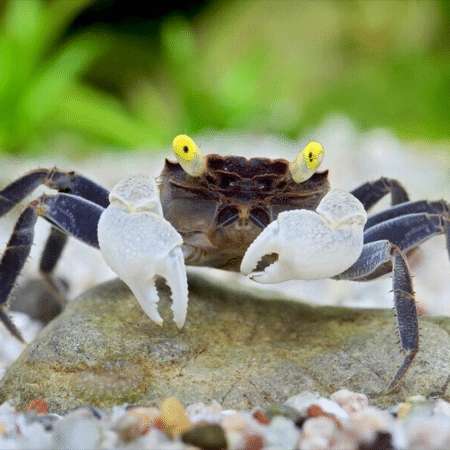

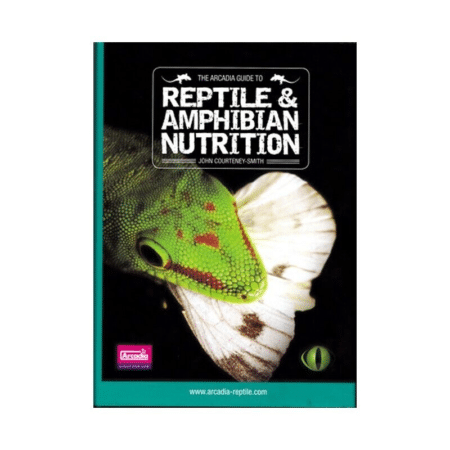

Reviews
There are no reviews yet.